FEATURED NEWS:
Upcoming events:
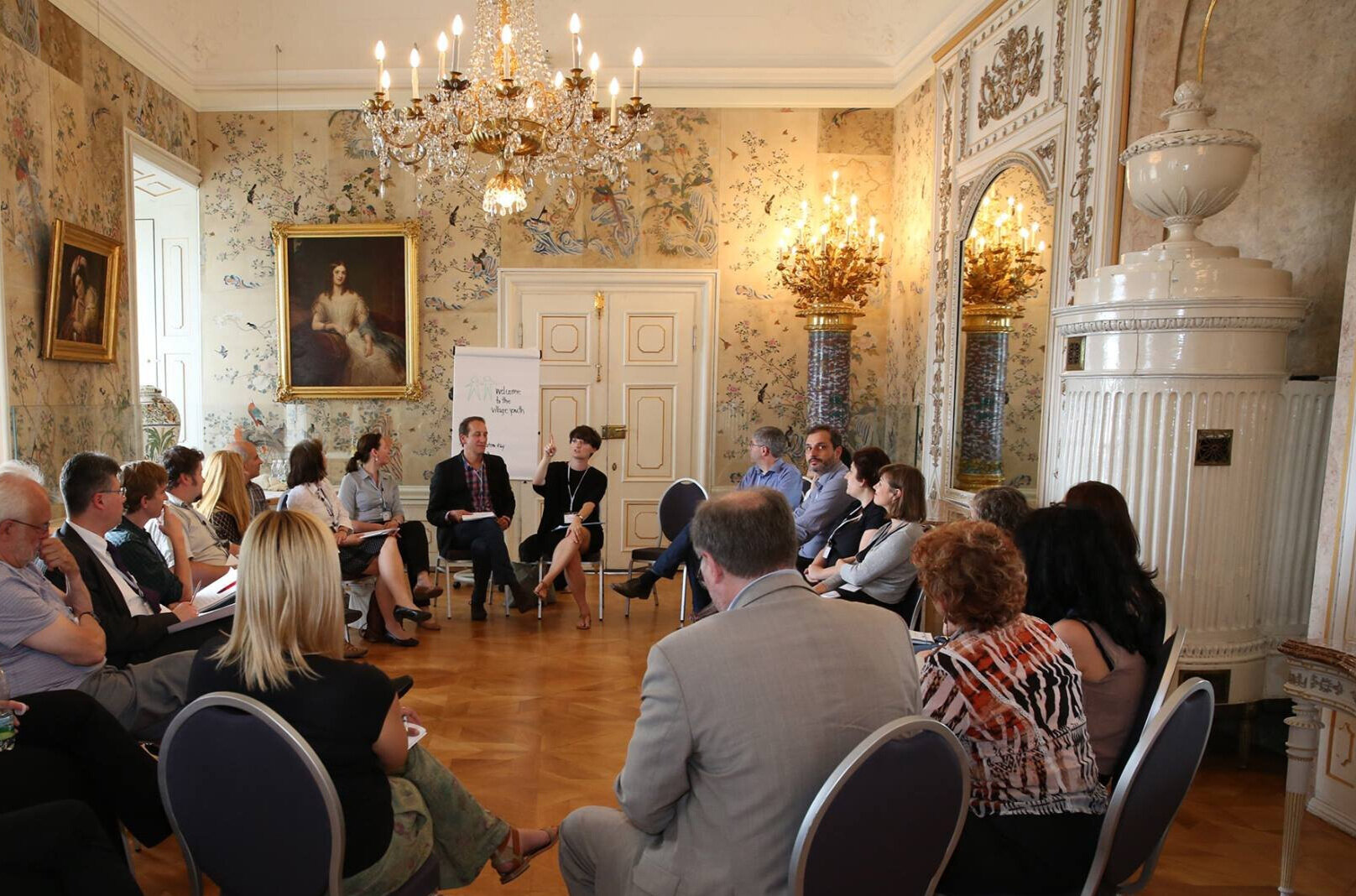
Participation and civil society in the EU Strategy for Danube Region

The Danube Civil Society Forum (DCSF) is foreseen in the first Action Plan of the EU Commission for the EU Strategy for the Danube Region in 4th pillar „Strengthening the Danube Region“ as the platform for Civil Society cooperation, opinion and capacity building, as well as networking in the Danube Region.
The Danube Civil Society Forum is dedicated to support civil society organisations in the Danube basin. It aims to promote and enhance civil society participation and networking in the framework of the European Union Strategy for the Danube Region.
The Danube Civil Society Forum acts as interface to public and private authorities on the regional, national and EU level as well as to international and intergovernmental organisations active in the region. It is one of the few truly European and transnational actors in the Danube region promoting and shaping the idea of European Integration and the concept of the Danube Strategy.
The DCSF is open to civil society active in non-profit and non-partisan organisations as well as academics (one representative per NGO) from the Danube Region (Germany, Austria, Hungary, Czech Republic, Slovak Republic, Slovenia, Romania, Bulgaria and Croatia, Serbia, Bosnia and Herzegovina, Montenegro, Ukraine and Moldova, see Map below). He/she should be active in at least one field covered by the EUSDR. The activities and/or the location of the NGO are in no way limited strictly to the river Danube, as the EU Strategy is relevant for the entire Danube Basin.
All interested NGOs and civil society actors in the Danube basin are invited to join our network.
DANUBE PARTICIPATION DAYS
The Danube Participation Day tries to keep a promise made by the EU to its citizens: to maintain a close, regular, and transparent exchange with civil society in EU politics. The National Participation Days complement this at the national level. This concept strengthens both the quality of the respective policies and civil society in the Danube region.
What others say about the DPDs:
“Diversity is our strength and the key to prosperity in the Danube Region. That is why we want to show with the Danube Participation Days how we can make use of our diversity to develop a prosperous future for and with everyone.”
— Claudia Singer, EUSDR Priority Area 10
“Strengthening participatory governance and linking it to cohesion policies and regional development in the Danube region makes the Danube Participation Days essential instruments bringing together local, regional and national public administrations, civil society representatives, the EU and EUSDR governance.”
— Robert Lichtner, Coordinator Danube Strategy Point/ EUSDR
“Participation Day is a platform where all generations meet. It makes civil society in the Danube Region more visible and gives it the voice.”
— Iryna Gumenchuk, Agapedia Foundation
The European Union Strategy for the Danube Region
The EU Strategy for the Danube Region (EUSDR) is a macro-regional strategy adopted by the European Commission in December 2010 and endorsed by the European Council in 2011. The Strategy was jointly developed by the Commission, together with the Danube Region countries and stakeholders, in order to address common challenges together. The Strategy seeks to create synergies and coordination between existing policies and initiatives taking place across the Danube Region.
The Strategy is not about funding, it is about closer cooperation!
The EU Strategy for the Danube Region, endorsed in June 2011 by the European Council, is the second EU macro-regional strategy after the EU Strategy for the Baltic Sea Region.
The European Commission has prioritised 4 pillars as core content for the Danube strategy:
Connecting the Danube Region: including mobility, sustainable energy, culture, tourism
Protecting the Environment in the Danube Region: including water quality, risk prevention, biodiversity & landscape
Building Prosperity in the Danube Region: including knowledge, education, invest in people and skills
Strengthening the Danube Region: institutional capacity and cooperation, security and safety
The area covered by the EU Strategy for the Danube Region stretches from the Black Forest (Germany) to the Black Sea (Romania-Ukraine-Moldova). EU Member States: Austria, Bulgaria, Croatia, Czech Republic, Germany, Hungary, Romania, Slovakia, Slovenia. Accession Countries: Bosnia and Herzegovina, Montenegro, Serbia. Neighbouring Countries: Moldova, Ukraine.
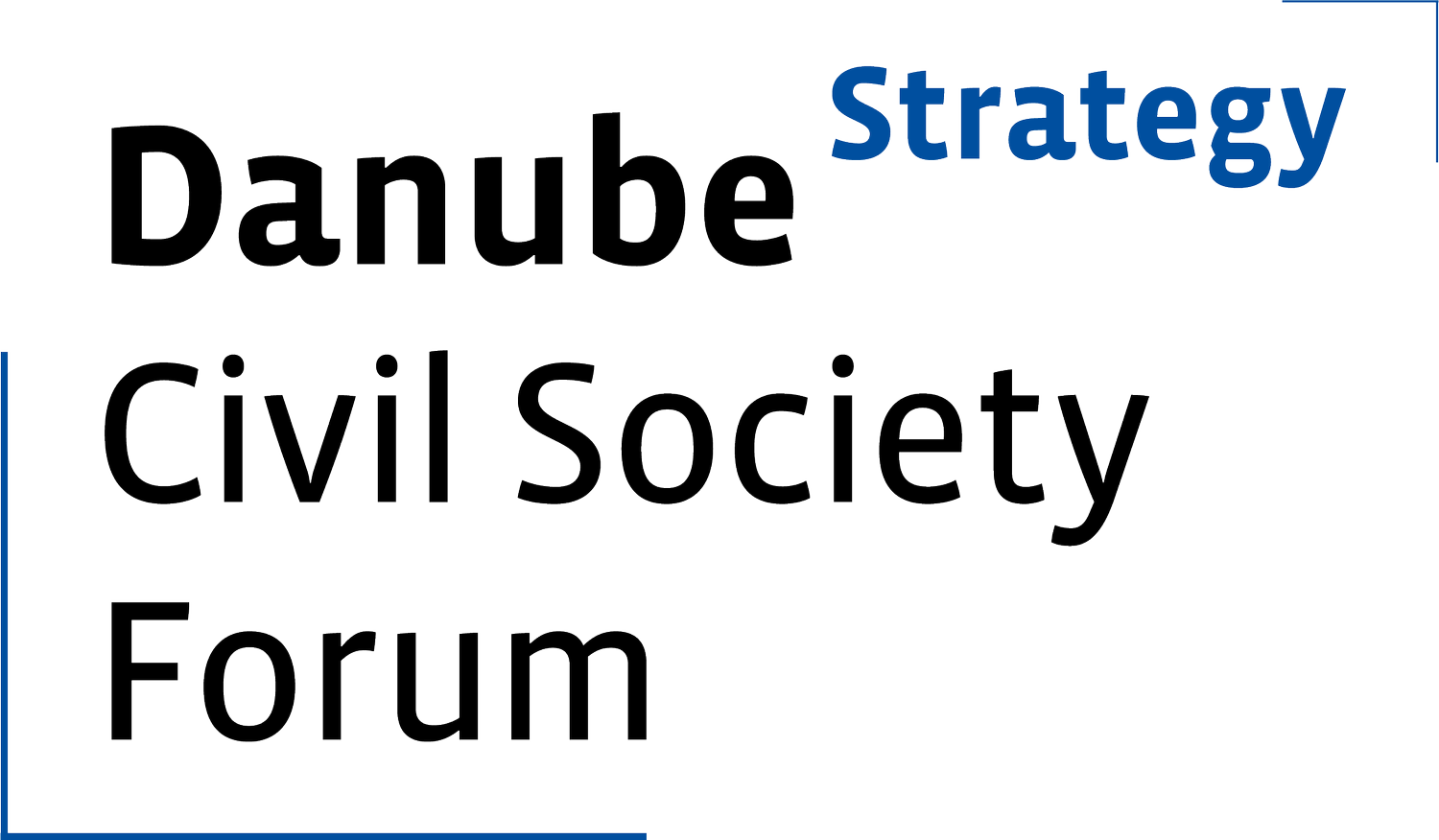

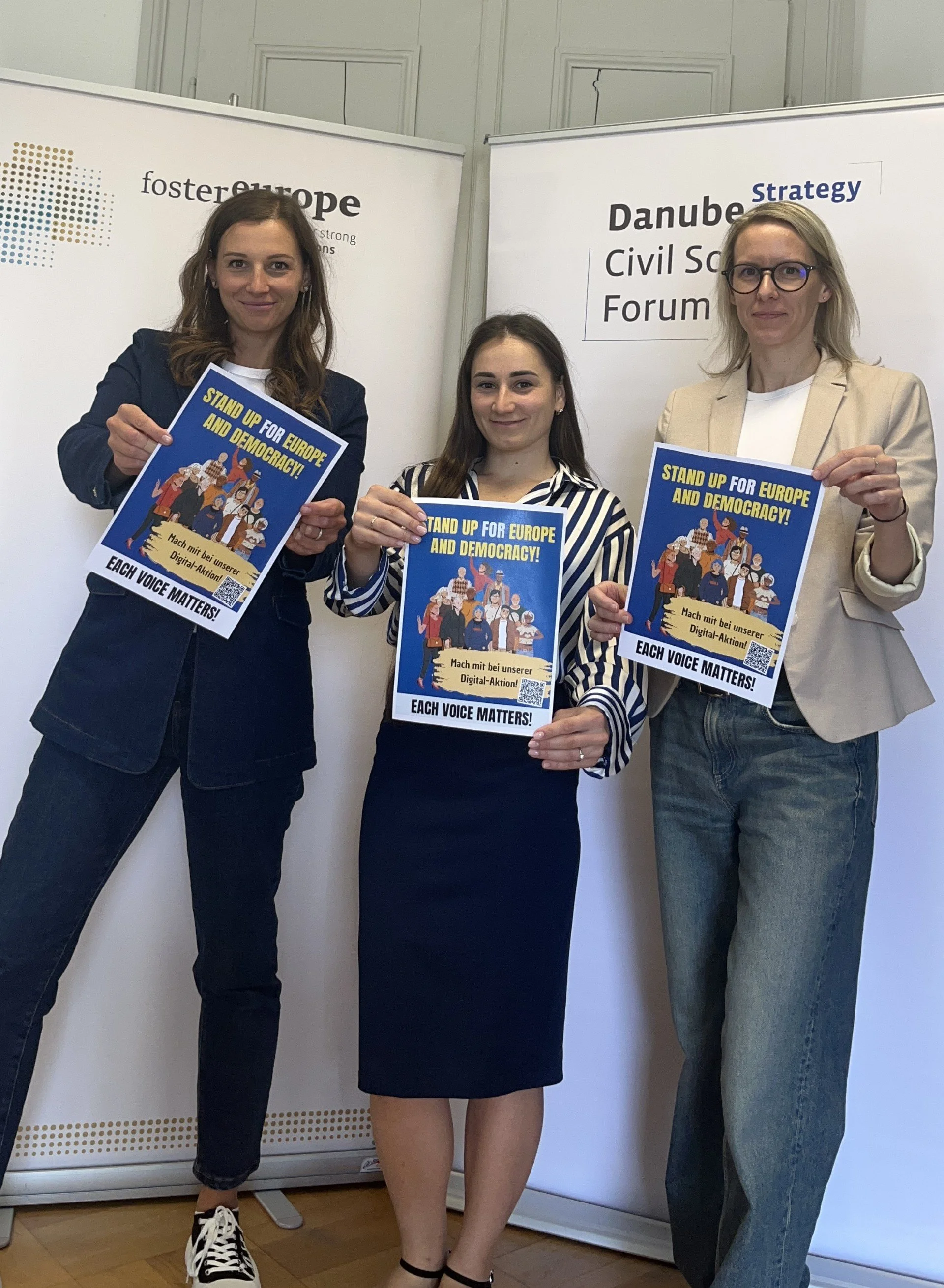



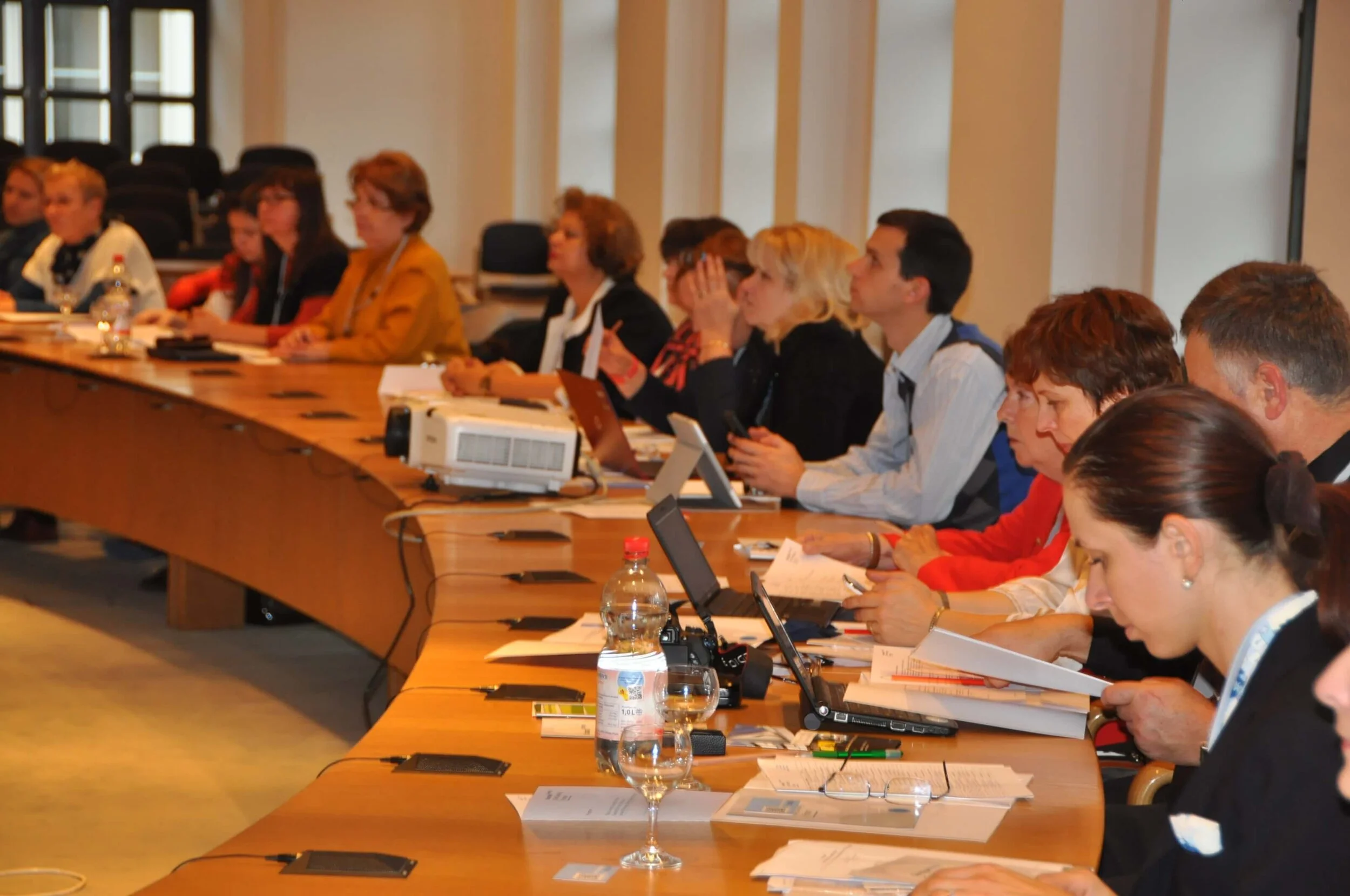

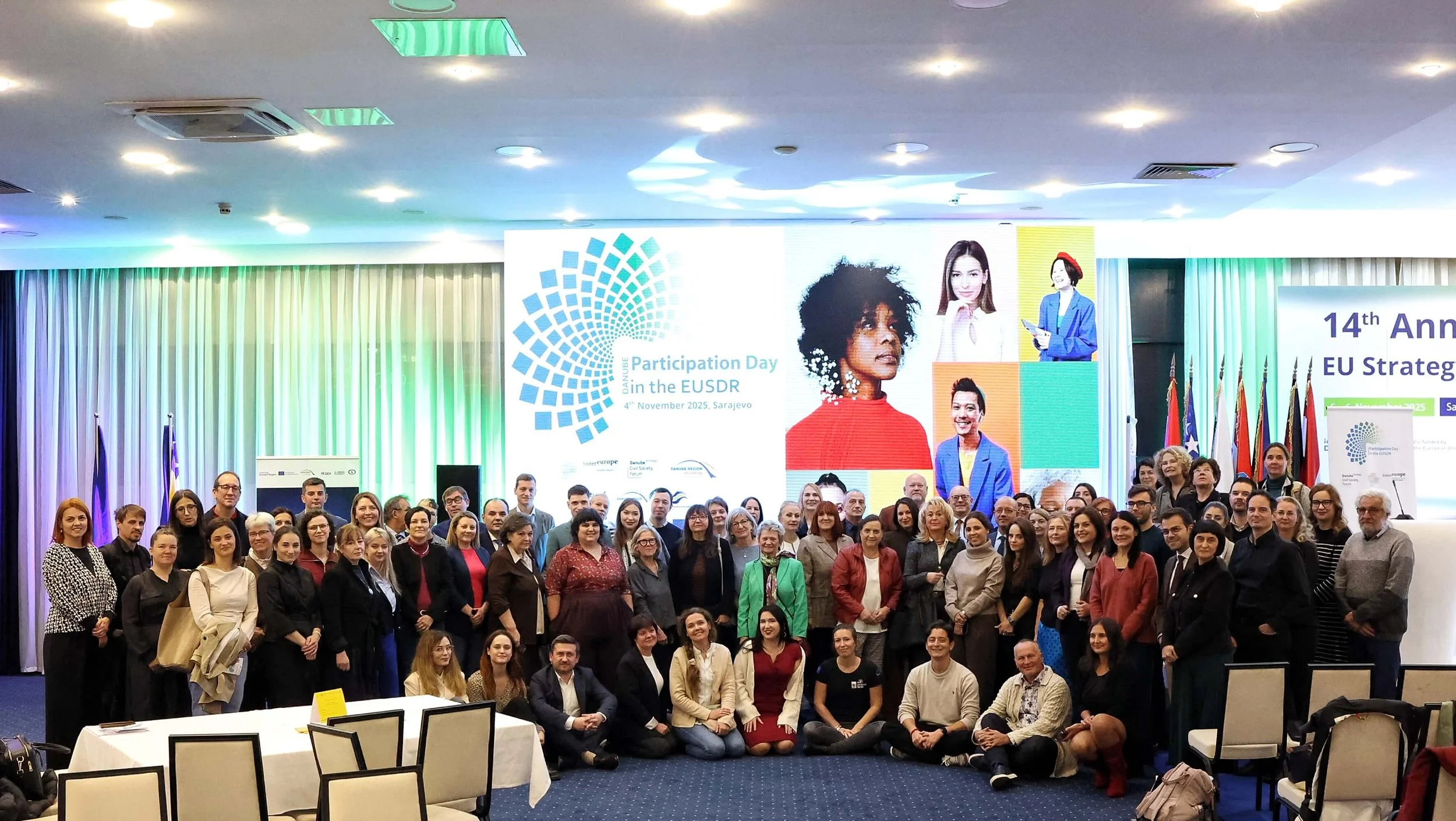
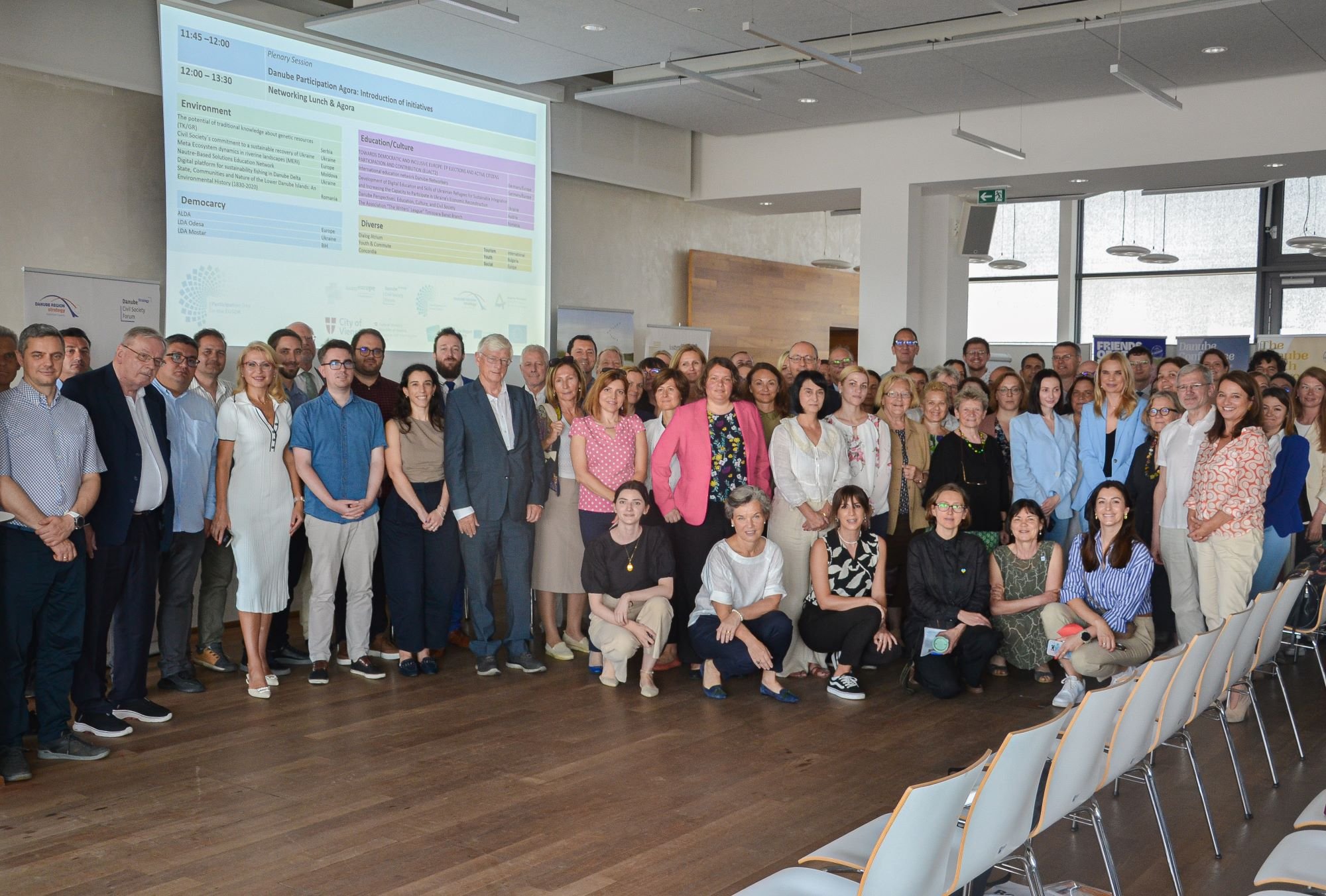


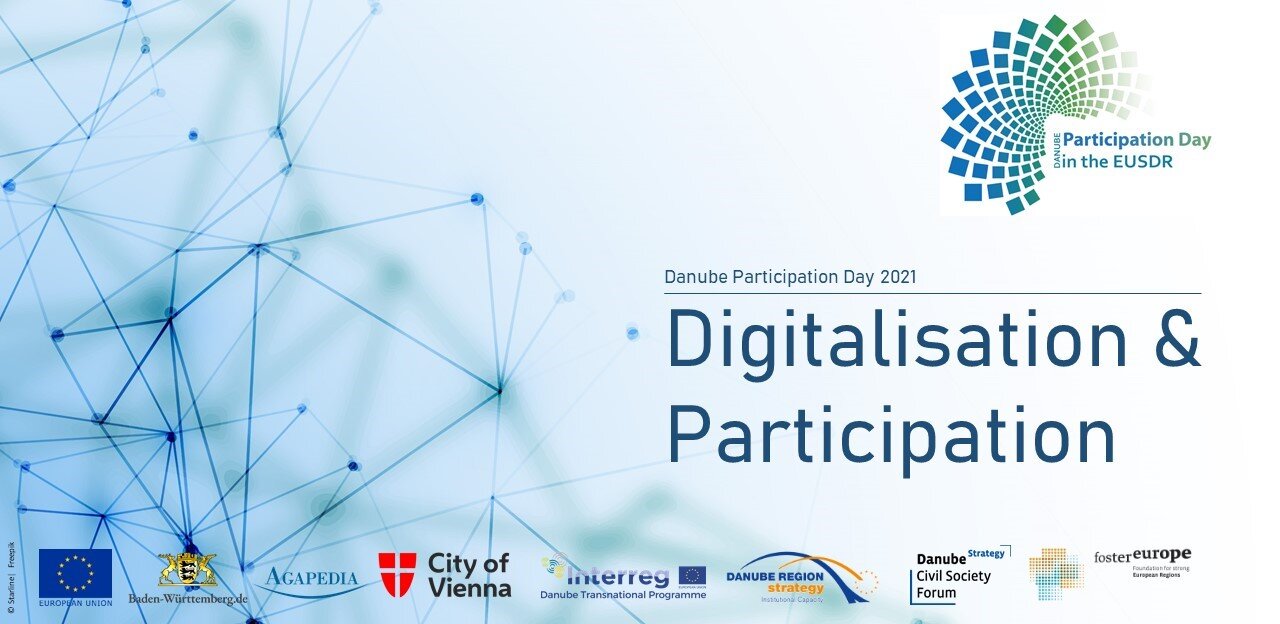

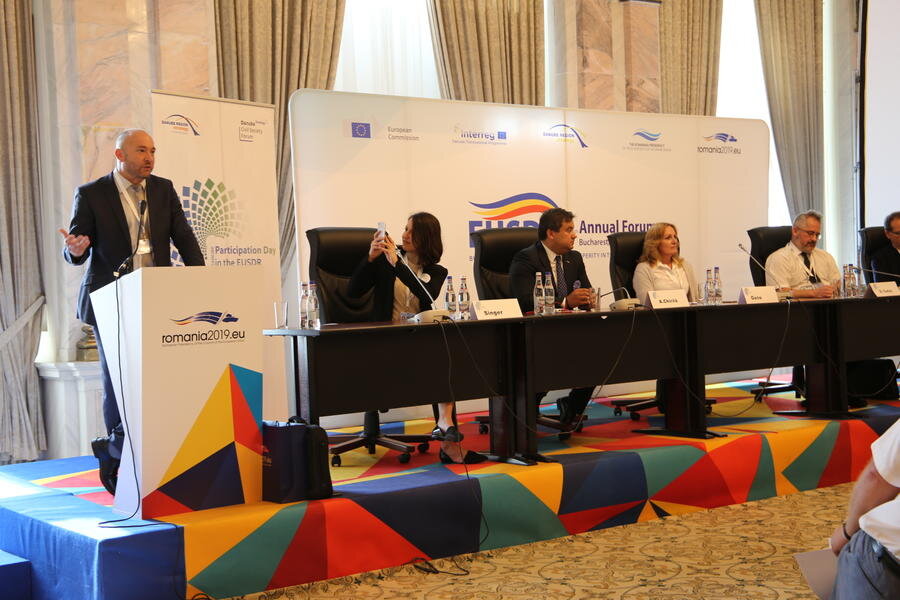
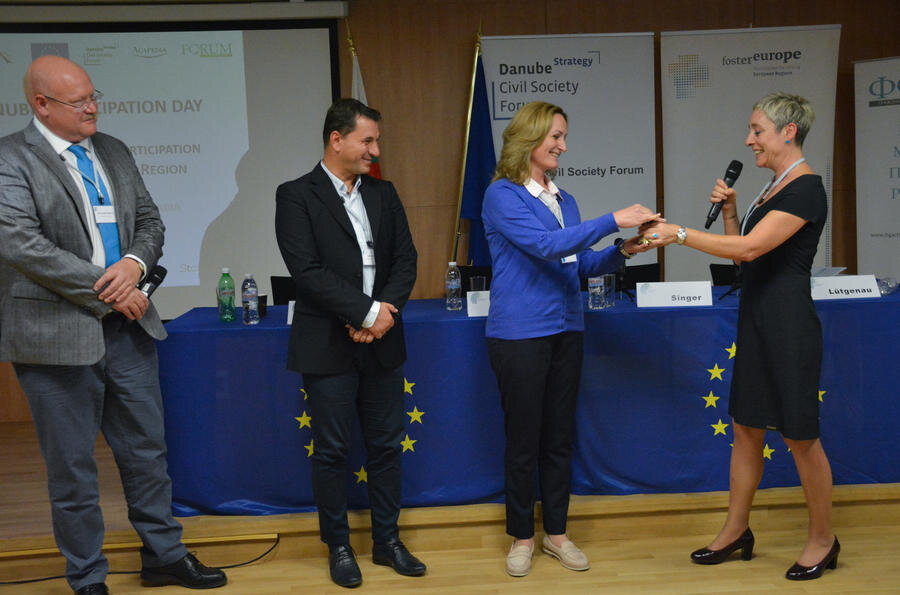
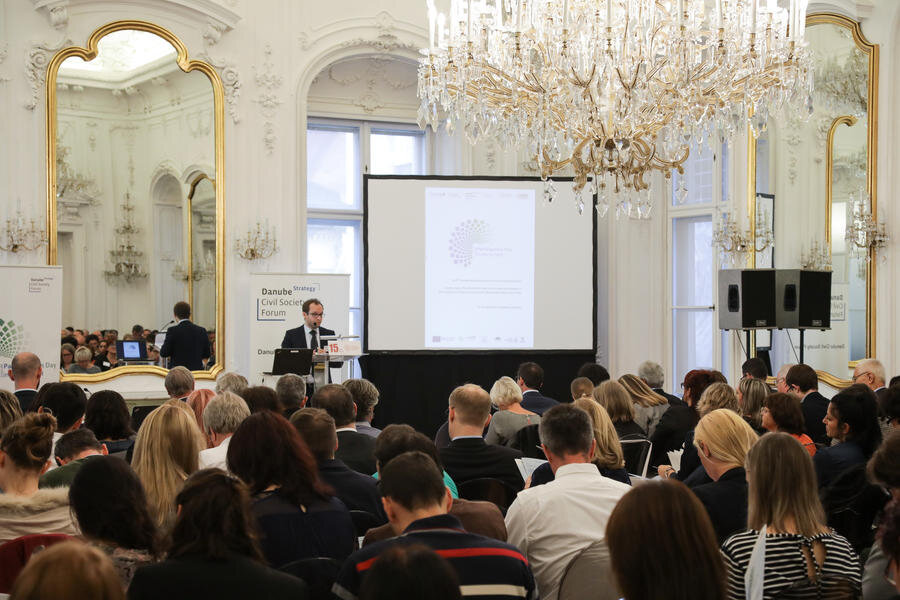

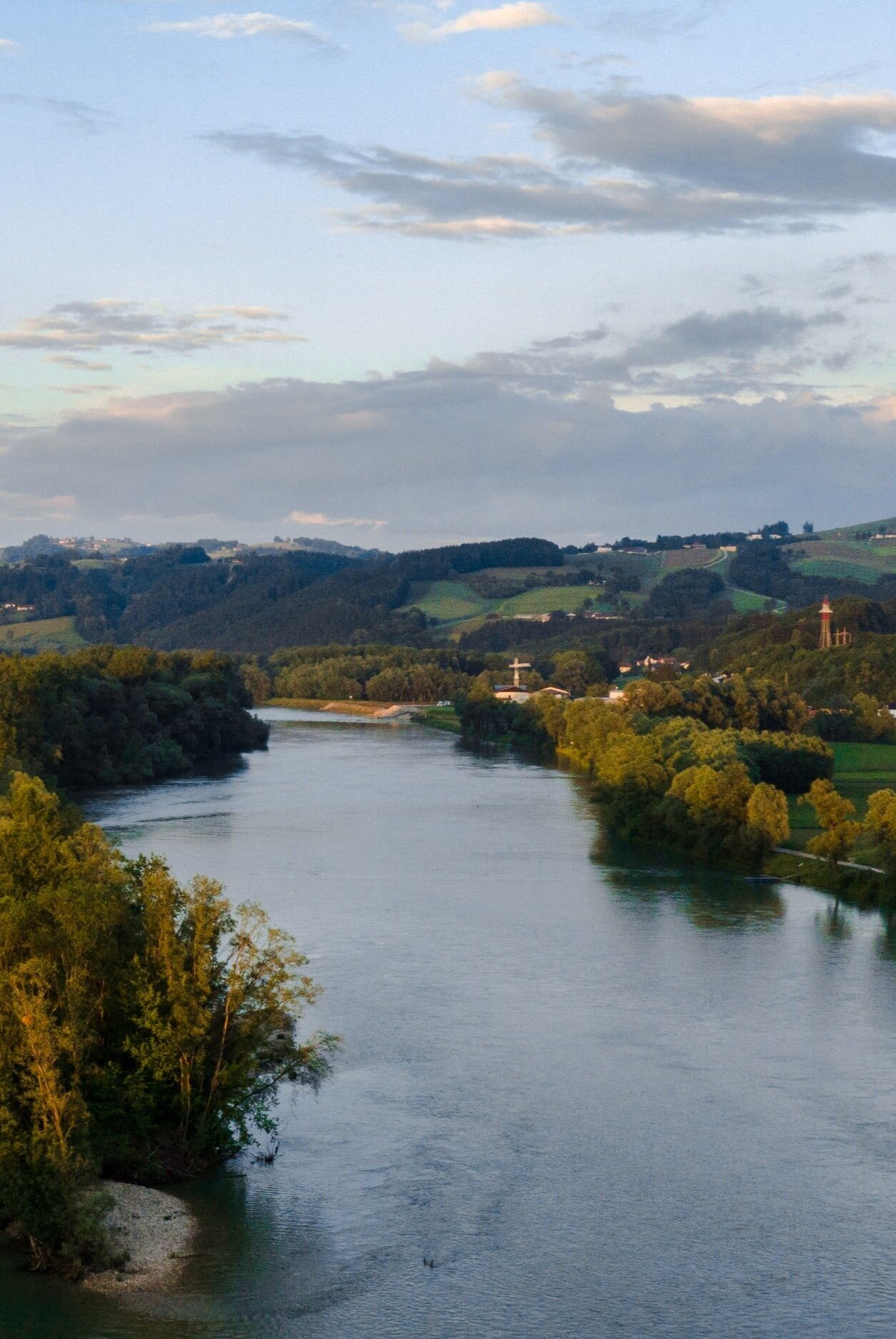












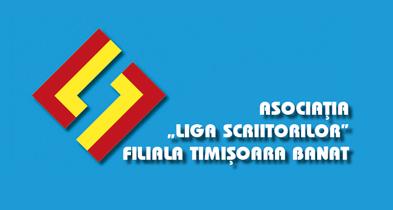
The 12th Danube Participation Day, held on 4 November 2025 in Sarajevo, brought together civil society actors, policymakers, municipalities, and youth representatives from across the Danube Region. With a strong focus on the role of local communities in EU policy-making and the enlargement process, the event featured high-level panels, project presentations, and three World Café sessions dedicated to civil society, municipalities, and youth. The discussions highlighted how local engagement, shared good practices, and cross-sector cooperation form the foundation of a more inclusive, participatory, and resilient European future.